Advanced electromyography testing that pinpoints exactly what’s causing your symptoms, so you can finally move forward with the right treatment.
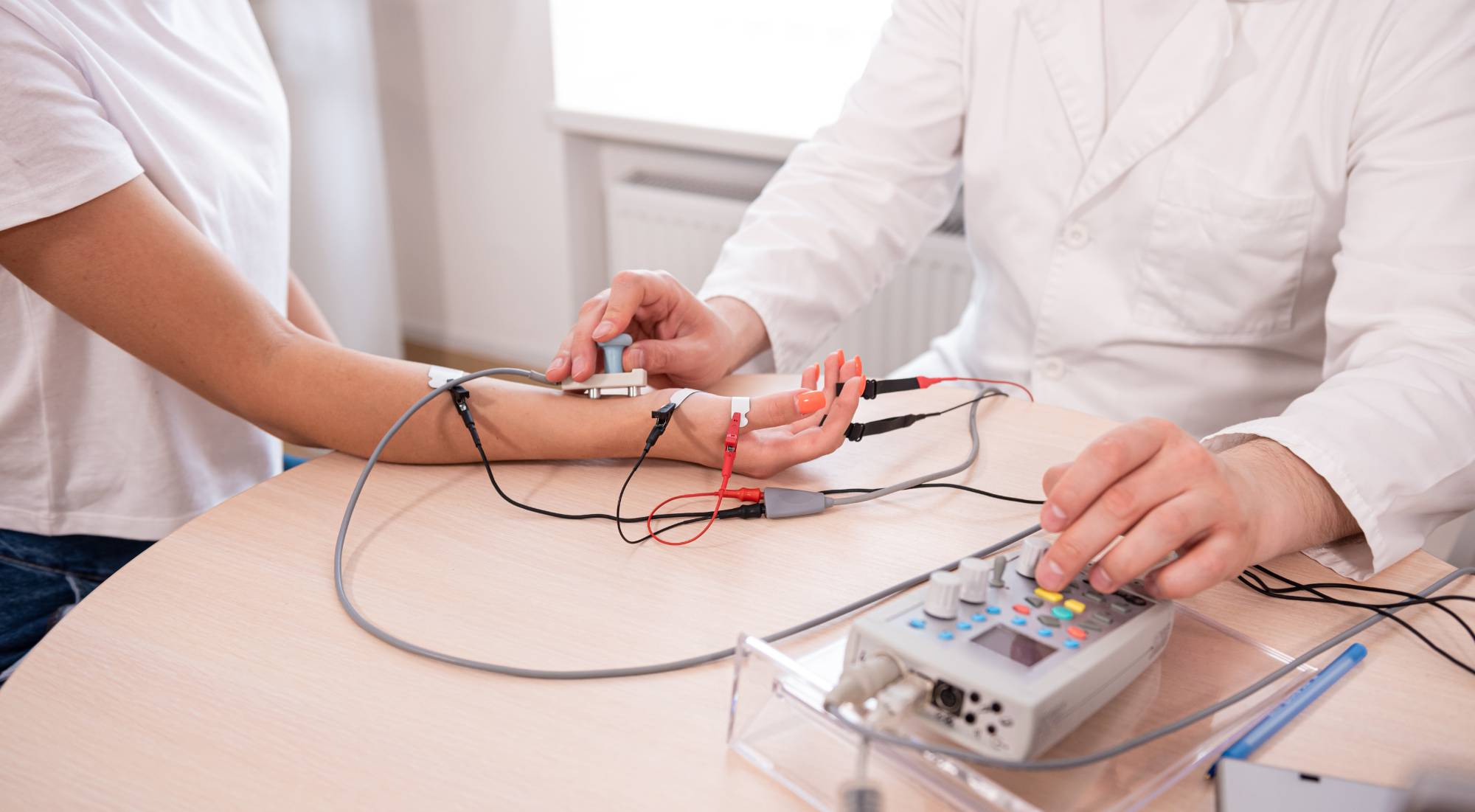
Reviews
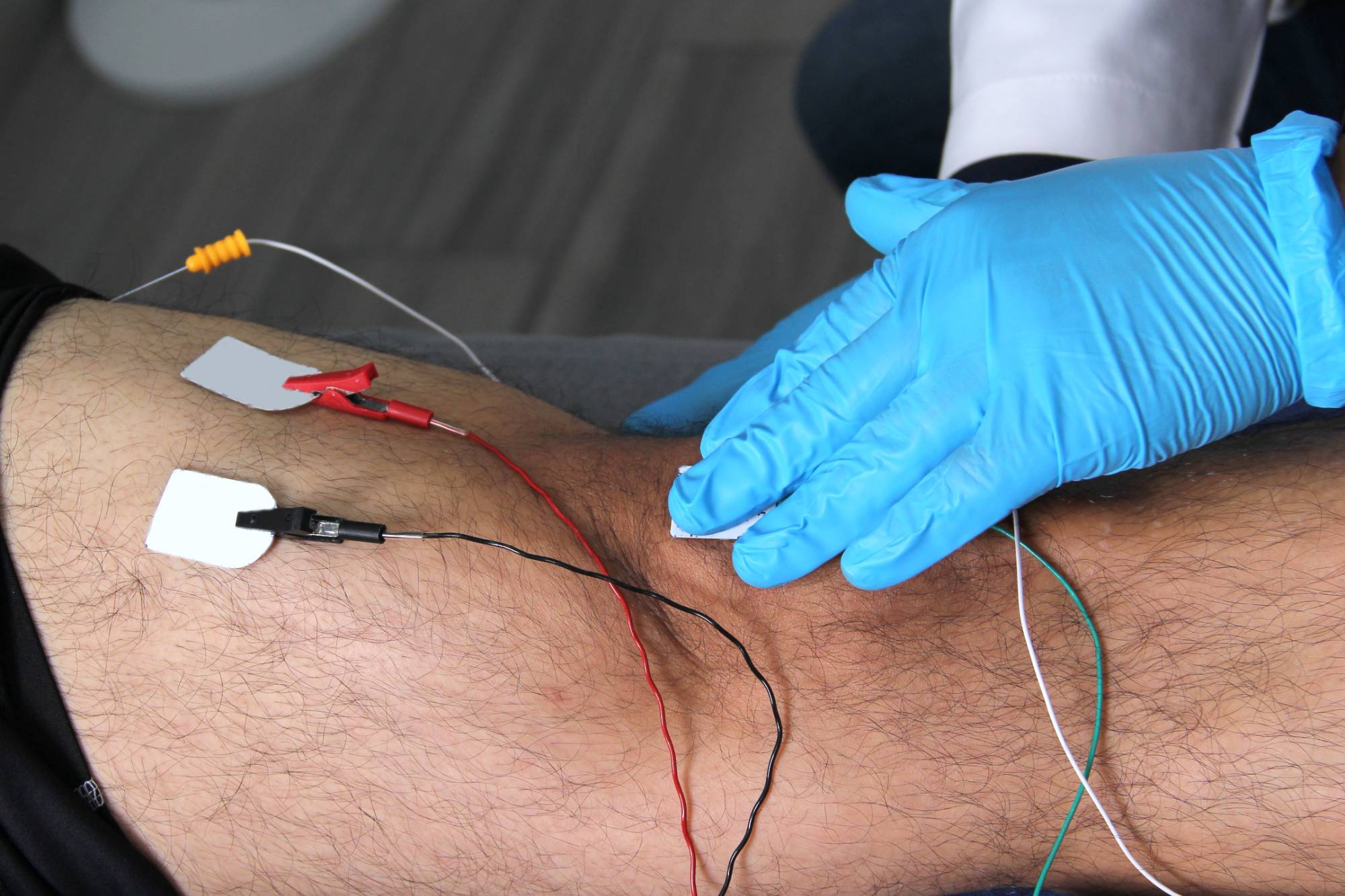
You’ve been dealing with numbness, tingling, or muscle weakness long enough. Maybe previous doctors couldn’t give you clear answers, or you’re tired of guessing what’s really wrong.
EMG testing changes that. This diagnostic procedure measures the electrical activity in your muscles and nerves, giving us precise information about conditions like carpal tunnel syndrome, sciatica, diabetic neuropathy, or pinched nerves.
When you know exactly what’s happening in your body, you can pursue treatment that actually targets the problem. No more wondering if your symptoms will get worse or if you’re missing something important.
NY Spine Medicine has been providing accurate diagnostic testing to South Florida patients who need real answers about their nerve and muscle conditions. We understand that you’re not just looking for another test – you want someone who can interpret the results and explain what they mean for your specific situation.
We use advanced EMG and nerve conduction study equipment, and more importantly, we take the time to walk you through your results. You’ll leave understanding your condition and knowing what your options are.
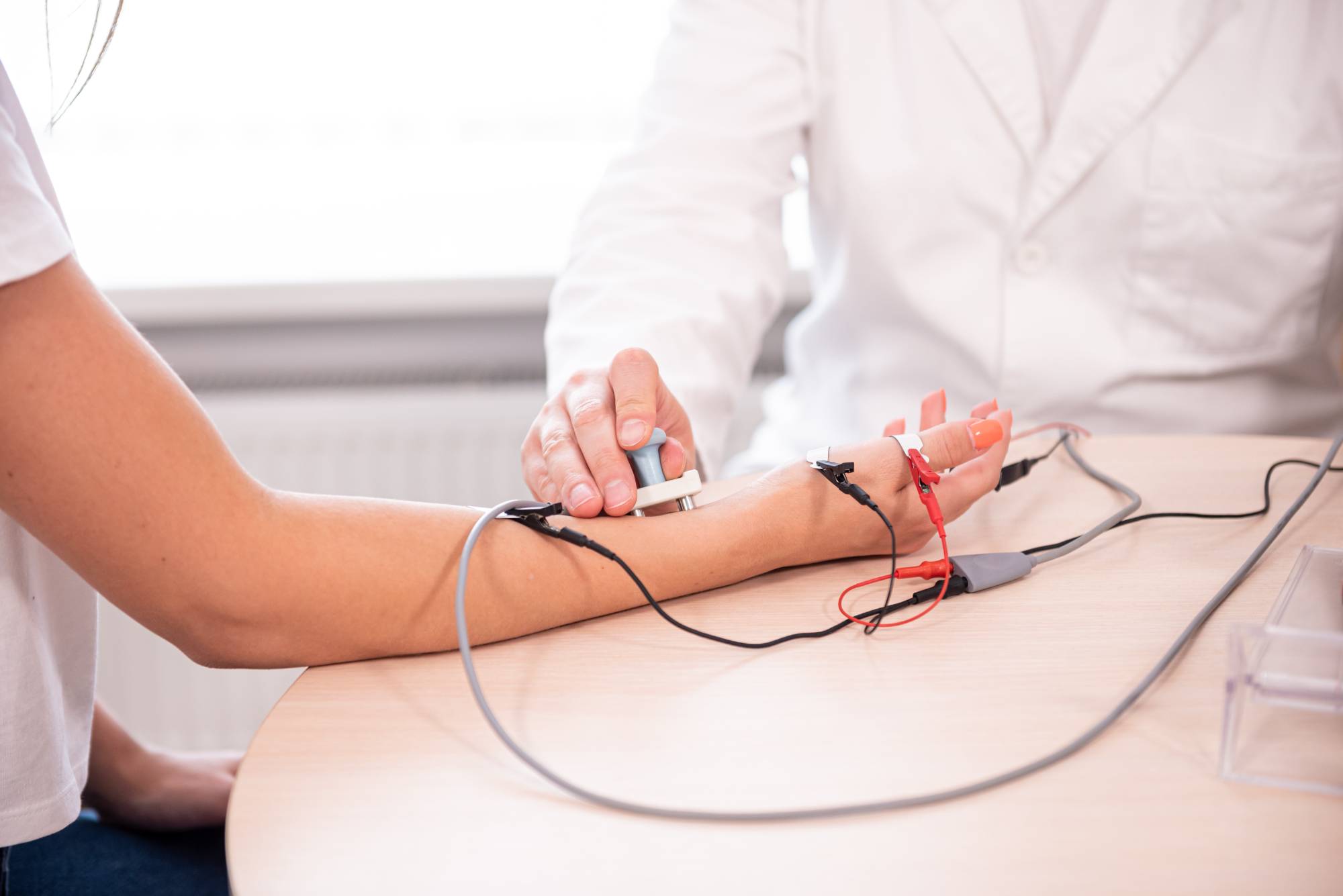
Your EMG diagnostic testing starts with a consultation about your symptoms and medical history. We’ll explain exactly what we’re testing for and what you can expect during the procedure.
The nerve conduction study comes first. We place small electrodes on your skin and send mild electrical pulses to measure how well your nerves transmit signals. Then, during the electromyography portion, we use a thin needle electrode to measure electrical activity in your muscles.
Most patients find the test much more comfortable than they expected. The entire process typically takes 30-60 minutes, depending on which nerves and muscles we’re evaluating. You’ll get your results the same day, along with a clear explanation of what we found.
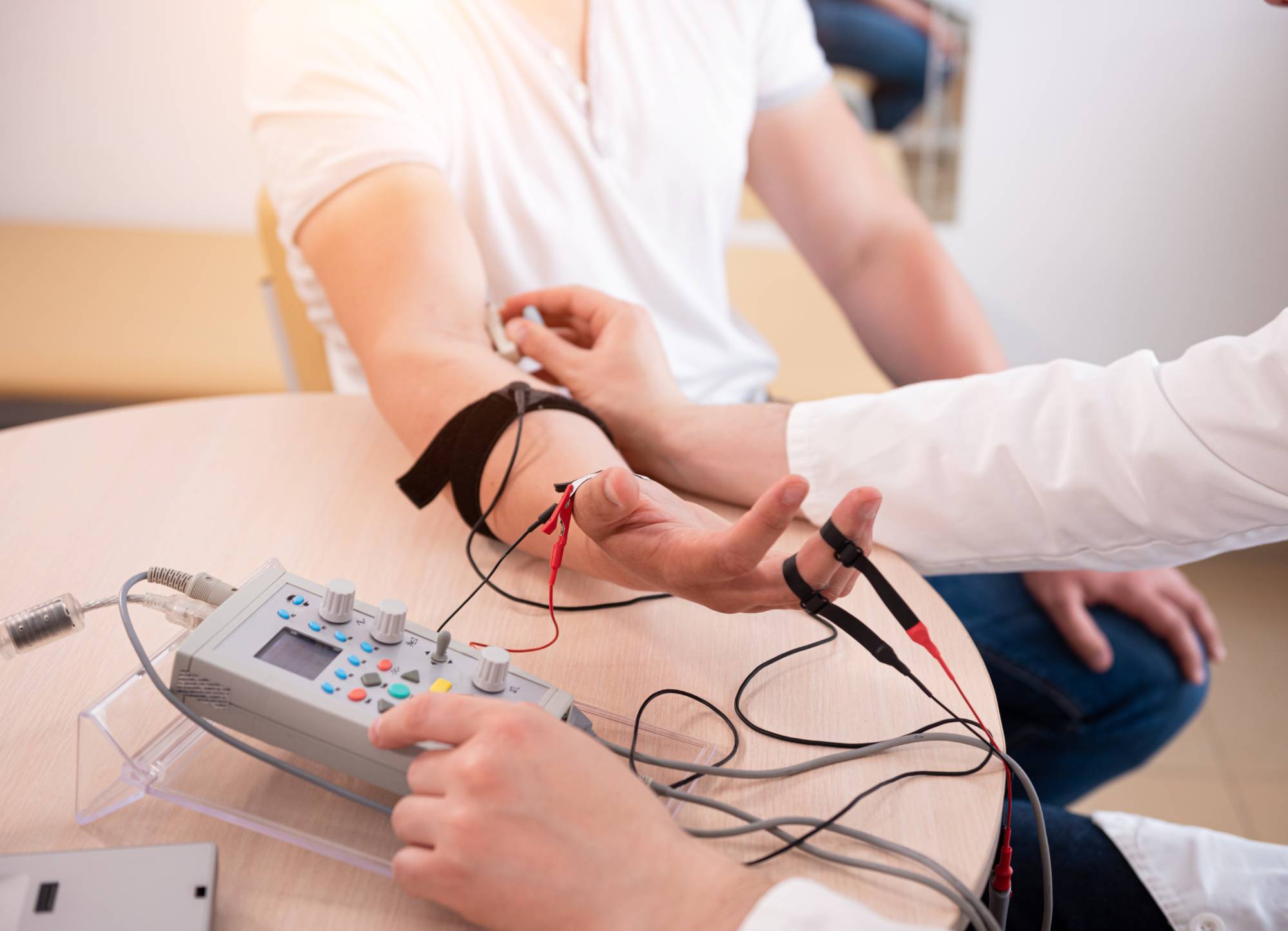
Ready to get started?
Your EMG and nerve testing includes both nerve conduction studies and electromyography testing, giving us a complete picture of your nerve and muscle function. We test the specific areas related to your symptoms, whether that’s your hands, arms, legs, or back.
You’ll receive detailed results that identify any nerve damage, muscle disorders, or areas where signals aren’t transmitting properly. We also provide clear documentation that you can share with your primary care doctor or specialist for treatment planning.
Our West Miami location makes it convenient to get the testing you need without traveling across town. We work with most insurance plans and provide transparent pricing information upfront.
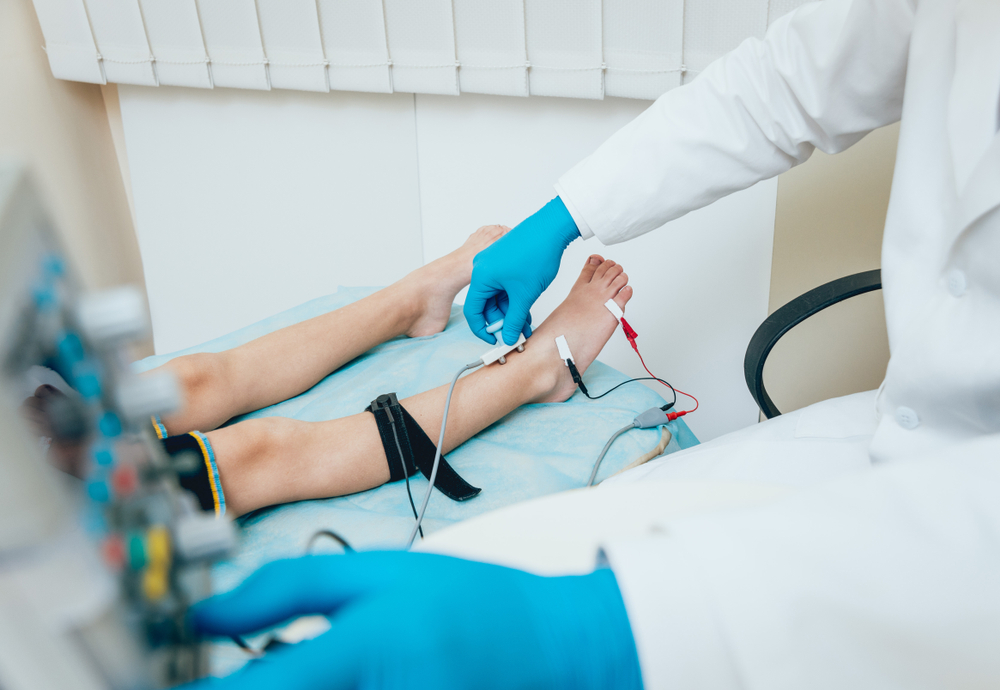
New York:
Florida:
Support